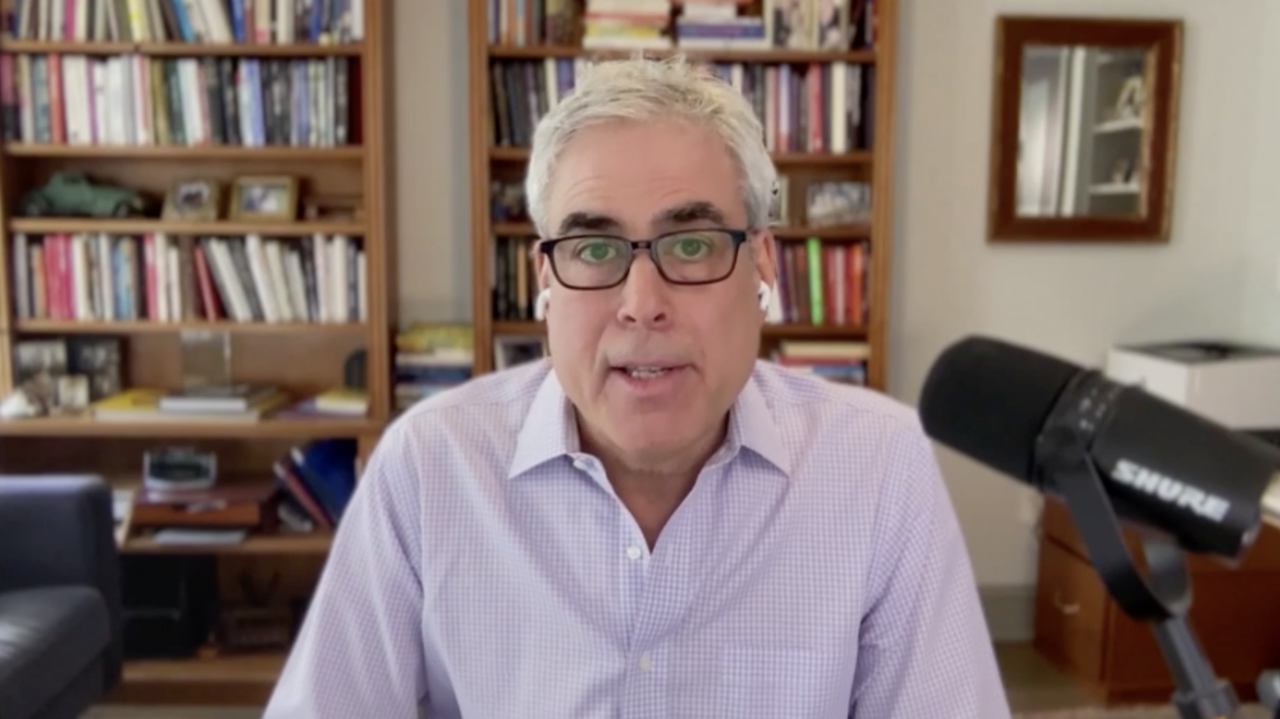Federal Judge Halts Medicaid Data Sharing with ICE Officials

A federal judge has issued a temporary injunction that prevents the Department of Health and Human Services from sharing Medicaid enrollee data with immigration officials. On August 12, 2023, District Judge Vince Chhabria, presiding in the Northern District of California, ruled against the Department of Homeland Security’s request to access personal information from Medicaid records.
The decision responds to concerns raised by civil rights advocates regarding the potential misuse of sensitive health information. Judge Chhabria emphasized the importance of protecting the confidentiality of medical data, arguing that sharing this information could discourage individuals from seeking necessary medical care.
The ruling comes in the wake of a policy change that would have allowed the Department of Homeland Security to obtain data on approximately 20 million individuals enrolled in Medicaid. Advocates for immigrants’ rights expressed relief at the judge’s decision, highlighting that access to healthcare should not be contingent on an individual’s immigration status.
In his ruling, Judge Chhabria stated that the risks of harm to vulnerable populations outweighed the government’s justification for accessing the data. He noted that many Medicaid recipients fear deportation and may avoid healthcare services if they believe their information could be shared with immigration authorities.
The court’s injunction is a significant victory for privacy advocates and highlights ongoing tensions between health policy and immigration enforcement. The case reflects broader national debates over access to healthcare for undocumented individuals and the role of government agencies in policing immigration status.
As this legal battle continues, the implications for Medicaid recipients and their access to healthcare remain a critical issue. Advocates for immigrant communities are closely monitoring the situation, emphasizing that health access should be a universal right rather than a privilege determined by immigration status.
This ruling marks a pivotal moment in the intersection of healthcare and immigration policy, underscoring the need for a balanced approach that respects both public health needs and the rights of individuals. As discussions unfold, the focus will likely remain on finding solutions that ensure the safety and confidentiality of medical data while addressing the complexities of immigration enforcement.





